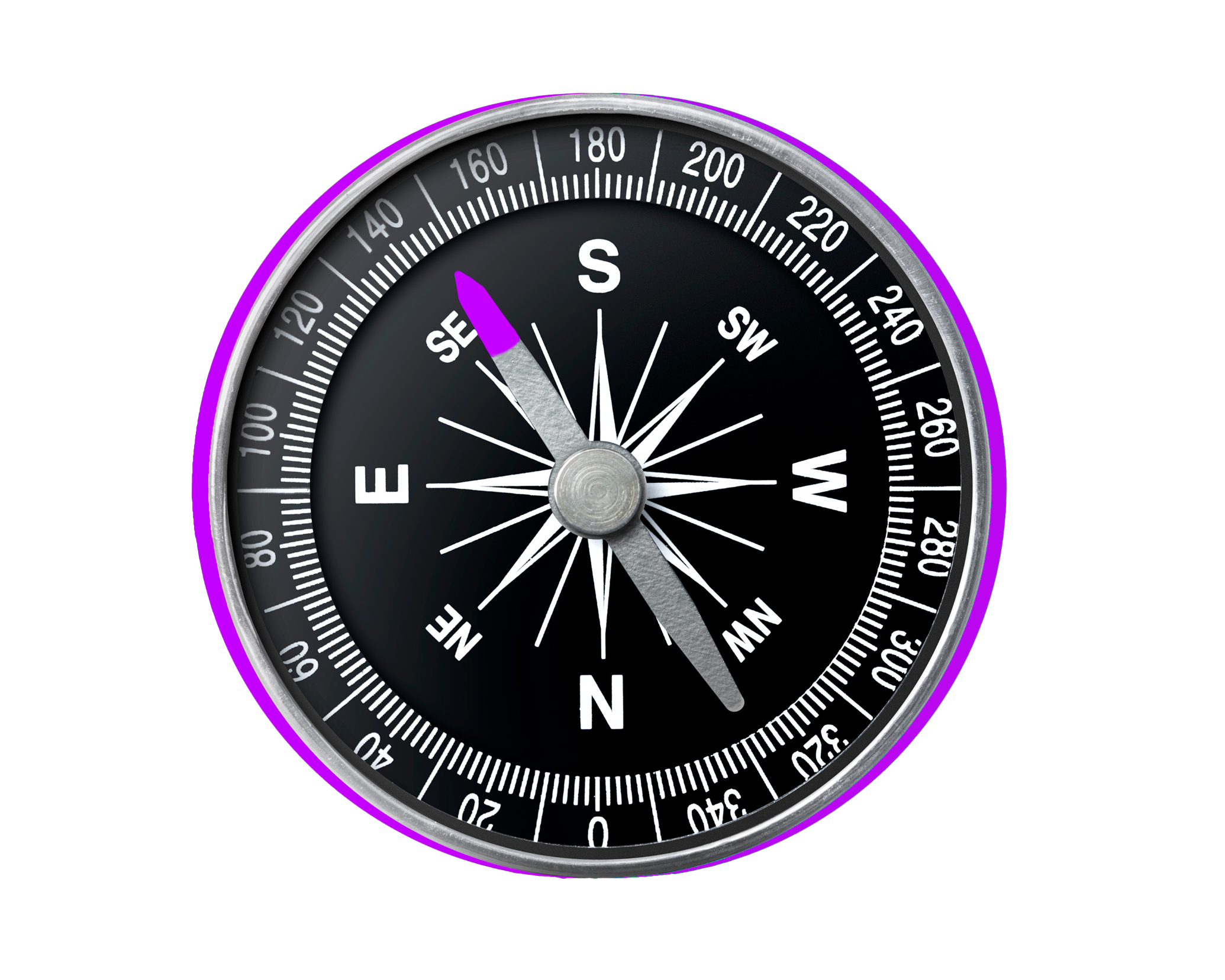Rethinking audit—Part 1: Who values audit?
Businesses today are operating in a rapidly changing landscape—one that’s broadening the needs of stakeholders when it comes to independent assurance. We’ve partnered with Jo Rhoden, an independent consultant in strategy, design, and innovation, with a focus on the future of professional services. Drawing on her wealth of audit expertise, Jo’s blog series will explore an important question for firms: Is it time to rethink the purpose and scope of the external audit?
The series will examine:
- Who values audit?
- Why is audit important?
- How will audit delivery change?
- What value can audit bring?
Part 1: Who are the stakeholders of external audit and what do they value?
When we think about external audit, who, exactly, is the customer?
While the audit report itself is addressed to the shareholders, auditors themselves frequently refer to the audited entity or even the management of that entity as “the client”.
But the category of “customer” can be more broadly drawn than that. Yes, shareholders are seeking a financial return from the audited entity and want an independent opinion on various (historically financial) aspects of that entity. However, many other stakeholders are seeking value from that corporate entity, too, each with their own definition of what exactly that value means.
Broadening our concept of business value
First, let’s talk about actual customers of the entity, those that provide revenue by buying goods and services. What value do they seek? Quality of the product or service, reliability, and perhaps longevity. Put simply, they want an experience of being served by that organisation that they feel is proportional to the money they paid for it.
But the workers themselves conceive of value differently. Financial compensation is the most obvious element, as well as the various workplace benefits that some organisations offer. But there are also intangible benefits, such as job security, a sense of self-worth, and a sense of belonging.
Suppliers, once again, receive other kinds of value from the organisation. For some small suppliers, perhaps it provides their livelihood, with long-term contracts providing security. And for suppliers more generally, there’s revenue, potentially growth, and sometimes brand recognition.
And then there’s the role of the organisation and its contribution to society.
Some organisations make broader contributions to society and the economy through the establishment of charitable foundations, or by both commitments and actions to address social or climate change. Many organisations now consider all three elements of ESG, including through their supply chains, where they are able to. Reporting on each of the ESG elements is at differing levels of maturity, but the broadening call and deepening frameworks around these elements reflect the needs and desires of stakeholder groups for accountability from organisations.
Value, today, can be seen as more than just shareholders seeking a financial return. Indeed, those very shareholders are increasingly looking beyond just the financial reporting numbers.
Given the breadth of stakeholders and their interests, is it enough to just report to shareholders?
There are systems of accountability and reporting outside of the mainstream Companies Act, such as the B.Corp accreditation. The Better Business Act is also pushing for inclusion of a much broader group of stakeholders within the Companies Act itself and is gathering support in Parliament.
Labour’s spokesperson for Business and Trade, Lord Sonny Leong, is quoted on the B.corp website as saying:
“When businesses prioritise people, planet, and profit, they help deliver what this Government is working for: higher wages, lower emissions, stronger communities, and a more resilient economy.”
All well and good—these are concerns of corporate reporting, but what of the role of the external auditor?
Evolving the role of the auditor
External auditors look at the “front half” of annual reports to check that they are consistent with the numbers reported in the financial statements. But with emerging standards in sustainability, in particular the new exposure drafts of UK versions of the ISSB standards (UK SRS 1 and UK SRS 2) published for consultation by the government on 25 June 2025, do we not also want third party assurance on these broader areas of reporting and corporate narrative? There’s surely merit in an independent third party validating what a corporate entity says about itself and confirming that the story it is telling is true.
On the 25 June 2025, the government also opened a consultation on developing an oversight regime for assurance of sustainability-related financial disclosures. It states:
“The government is seeking views on a proposal to introduce a registration regime operated by the Audit, Reporting and Governance Authority (ARGA) once established. This will form part of the government’s work to strengthen audit and corporate governance. The regime would recognise assurance providers as being capable of assuring information disclosed against UK SRS, European Sustainability Reporting Standards (ESRS) and any jurisdictional standards that are aligned to the ISSB Standards.”
If policy is looking to strengthen the need for independent assurance around a larger scope of disclosures, should this become part of the remit of the external auditor?
We can ask the question here of, “Who do we most trust to provide independent assurance?” And alongside this, “How can we make the ‘system’ of assurance provision easy to understand among the wide group of stakeholders who are interested in what the company is saying?” An annual report is a lengthy document, and can be challenging for a lay person to understand. A simple way to assure that what it says is fair would be highly valuable to the user of that report. There is an opportunity here for external auditors to think through how to cut through the complexity and show how valuable the auditor role could be in the evolving reporting landscape.
It is time for the external audit role itself to evolve apace with changes in corporate responsibility and corporate reporting. There are opportunities for the audit profession to lead from the front, for example by:
- Developing a vision for the future of audit and assurance.
- Articulating the value that auditors bring through independent audit and assurance.
- Developing a technology model that is rapid, trustworthy, and evolving to meet stakeholder needs.
- Creating an ambitious and desirable future profession for auditors that will deliver value to society in decades to come alongside the advancement of technology.
All this impacts the future of audit. It affects what the audit service and product could look like in the medium-term, and it raises questions about how to design a future-fit and valued profession. Only with the future state in mind can we take the steps needed to get there.
About Jo
Jo Rhoden is a Fellow of the Institute of Chartered Accountants in England and Wales. She began her career in London in audit and consulting before moving to Sydney, where she focused on fast-growing technology and biotechnology companies, including audit and due diligence for venture capital firms. Moving to a Big Four firm, she helped transform the audit process by integrating innovation, data, digital, and design techniques, building a team of “audit designers” to enhance client experiences and later leading this work globally through a client experience programme. Jo also led brand strategy and developed a Global Audit Committee programme addressing major market-facing issues. She currently serves as Chair of the Audit and Risk Assurance Committee at the University of Bath and works as an independent consultant in strategy, design, and innovation, with a focus on the future of professional services.
Source’s audit research
Learn more about Source’s research into the future of audit here, or contact us.


